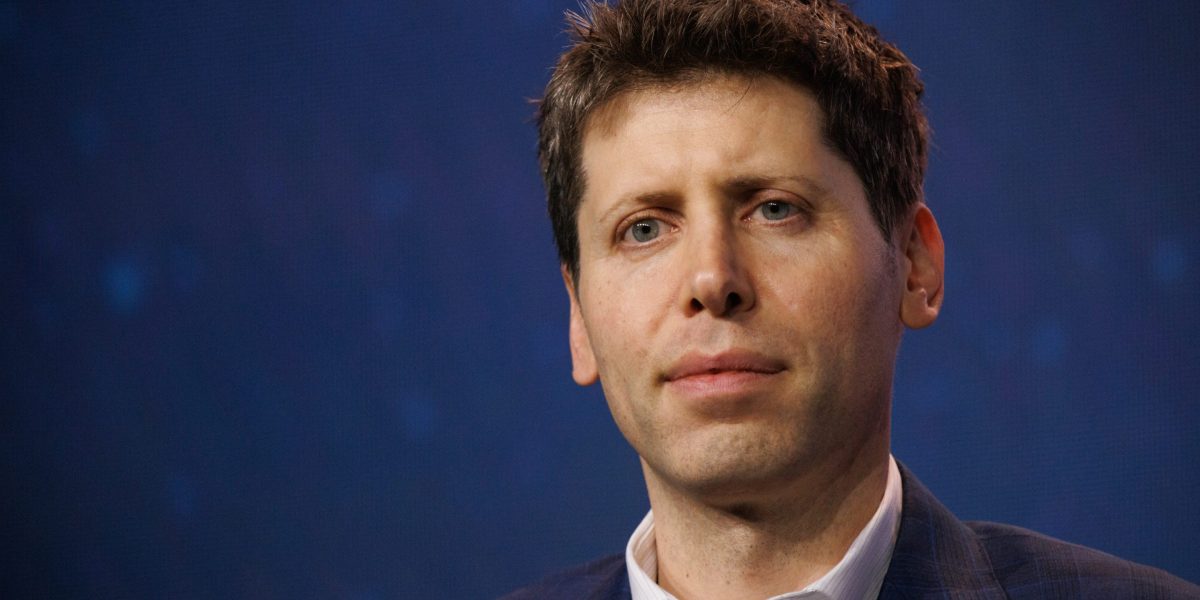
We may be four years removed from the meme stock mania of 2020, but the line between investing and gambling has never been more blurred. This time around, the culprit isn’t stocks like GameStop or even crypto sh*tcoins like the beloved Fartcoin, but prediction markets.
Those carefully tracking the presidential odds of the 2024 election might have thought that Polymarket and Kalshi would recede into the shadows after November, ready to emerge again in four years like a cash-crazed groundhog. And to some degree, they would have been right—app downloads have plummeted for both platforms. But as the offshore Polymarket plots its re-entry into the U.S. under (ahem) more favorable regulatory conditions, Kalshi is trying to rewrite regulations altogether.
Sequoia-backed Kalshi triumphed in its first battle last fall when it won a court case against its regulator, the Commodity Futures Trading Commission, that allowed the platform to offer political-based event contracts. Kalshi argued the instruments were no different than any other type of future. Traders are allowed to hedge against price swings in commodities like oil and wheat. Why not elections?
After November, emboldened by its victory and in search of new markets, Kalshi took an even bolder step—it launched sports-based event contracts nationwide. Users could buy stakes in the outcome of NFL or NBA games, though Kalshi was sure to make clear that this wasn’t sports betting, which the CFTC prohibits and is left to the states. This was investing, Kalshi argued.
Not everyone agreed. After expanding its burgeoning sports business through a partnership with Robinhood, the two platforms received cease-and-desist letters from the New Jersey and Nevada governments, who weren’t amused by the semantic argument. But last week, Robinhood fought back, suing both states to argue that users should have access to its sports contracts.
The argument is a fascinating one (and, it should go without saying, steeped in language about “democratizing finance.”) The difference boils down to who sets the prices: users or the sportsbooks themselves. Kalshi operates like a traditional financial market, with the cost of contracts dictated by customers entering and exiting positions. Sportsbooks, in contrast, have their lines set by the “house,” and customers cannot exit their positions. In other words, sports-based contracts are no different than commodity futures and swaps, while sportsbooks are, well, gambling.
Robinhood’s lawyers haven’t swayed everyone. On Wednesday, the day after Robinhood filed its lawsuits, the Wisconsin Ho-Chunk Nation fired off one of its own, seeking to block Robinhood from offering the product on its land. They argued that because of Robinhood and Kalshi’s new offering, 18-year-old high school students could place bets on their phones on the outcome of “virtually every sporting event occurring across the globe,” and without any regulatory input by states or Indian tribes. “Kalshi, no surprise, does not call its sports betting offerings sports gambling,” they added.
The mounting legal showdown will shape and stretch the bounds of investing. Just look at the new partnership between the financial giant CME Group and the sports betting platform FanDuel, also announced last week, to offer their own event contracts. The financial regulatory approach of the Trump administration has been to endow Americans with the inalienable right to lose their money however they want, with little interference. But as Bloomberg detailed in a terrific piece last week, the CFTC—which is increasingly tasked with overseeing these new products—is in turmoil as Trump’s nominee (and Kalshi board member) is stuck in limbo. Sadly, there isn’t a betting market on whether he’ll be confirmed.
Leo Schwartz
X: @leomschwartz
Email: [email protected]
Submit a deal for the Term Sheet newsletter here.
Joey Abrams curated the deals section of today’s newsletter. Subscribe here.
VENTURE DEALS
– Group14 Technologies, a Woodinville, Wash.-based silicon battery materials company, raised $463 million in Series D funding. SK led the round and was joined by existing investors Porsche Investments, ATL, OMERS, Decarbonization Partners, Lightrock Climate Impact Fund, Microsoft Climate Innovation Fund, and others.
– Wisdom, a New York City-based dental revenue cycle management platform, raised $21 million in Series A funding. Permanent Capital Ventures led the round and was joined by Aquiline and Juxtapose.
– Pintarnya, a Jakarta, Indonesia-based jobs platform, raised $16.7 million in Series A funding. Square Peg led the round and was joined by existing investors Vertex Ventures Southeast Asia & India and East Ventures.
– Molecular You, a Vancouver, B.C.-based molecular medicine and preventative health company, raised $5 million in Series A funding. Voloridge Health led the round and was joined by Dynamic Leap and others.
PRIVATE EQUITY
– General Atlantic led a $115 million investment in Starian, a Florianopolis, Brazil-based software provider for the private sector.
IPOS
– Netskope, a Santa Clara, Calif.-based cloud security company, filed to go public on the Nasdaq. The company posted $616 million in sales for the year ended July 31, 2025. Lightspeed Venture Partners, ICONIQ, and Accel back the company.
– LB Pharmaceuticals, a New York City-based therapeutics developer for neuropsychiatric diseases, filed to go public on the Nasdaq. Deep Track Biotechnology Master Fund, Vida Ventures, Pontifax, and TCG back the company.
– Pattern Group, a Lehi, Utah-based online reseller, filed to go public on the Nasdaq. The company posted $2.1 billion in sales for the year ended June 30, 2025. David Wright, Melanie Adler, Banner Capital, and KL Pattern Holdings back the company.
– WaterBridge Infrastructure, a Houston, Texas-based water services and infrastructure company, filed to go public on the NYSE and NYSE Texas. The company posted $735 million in sales for the year ended June 30, 2025.















